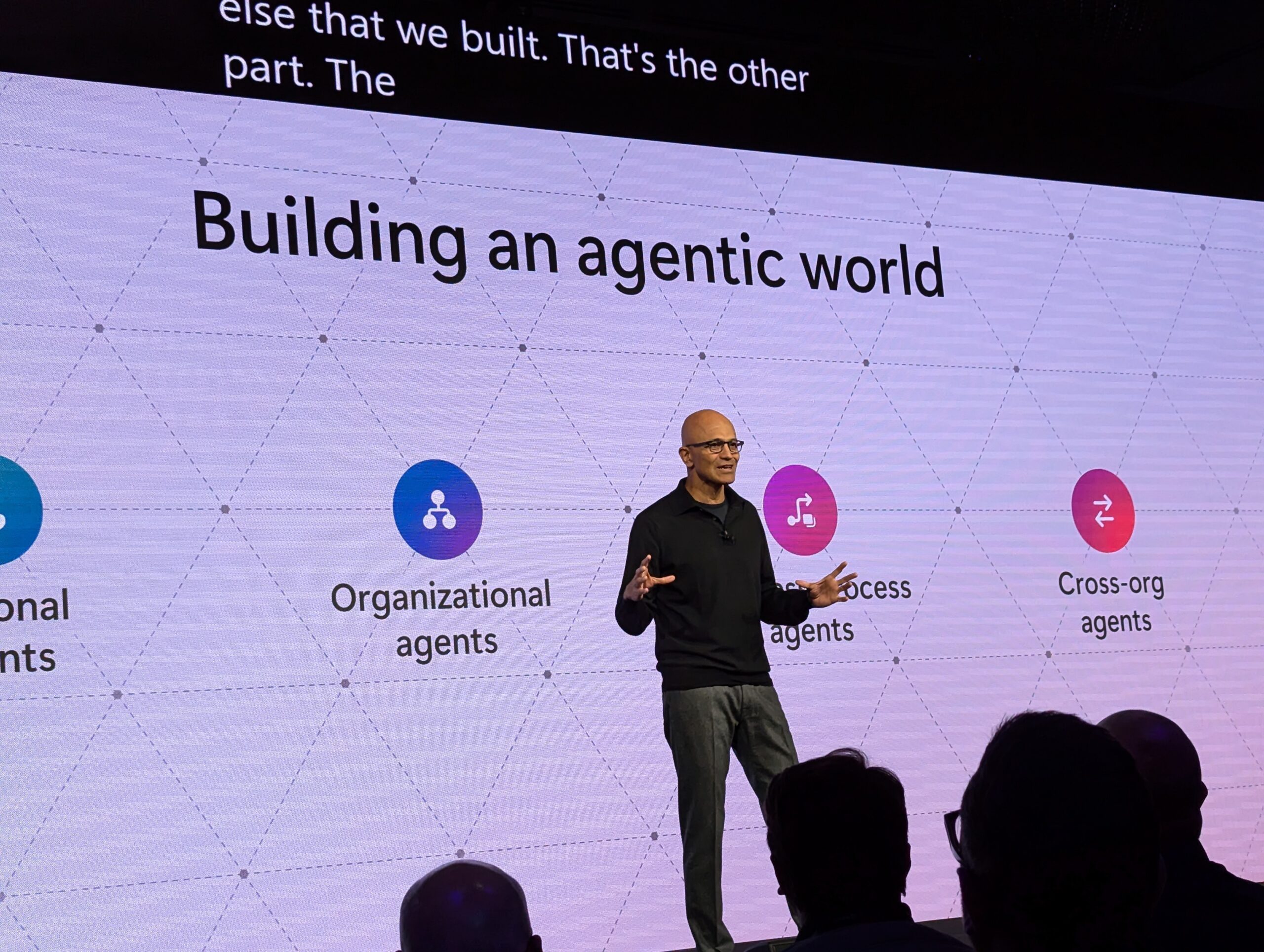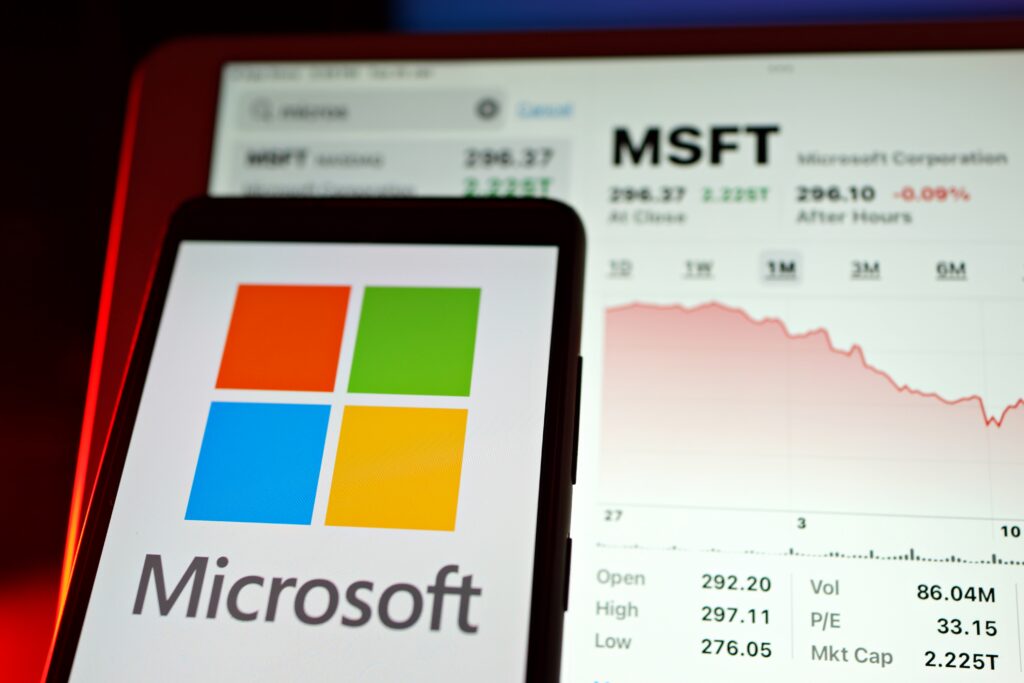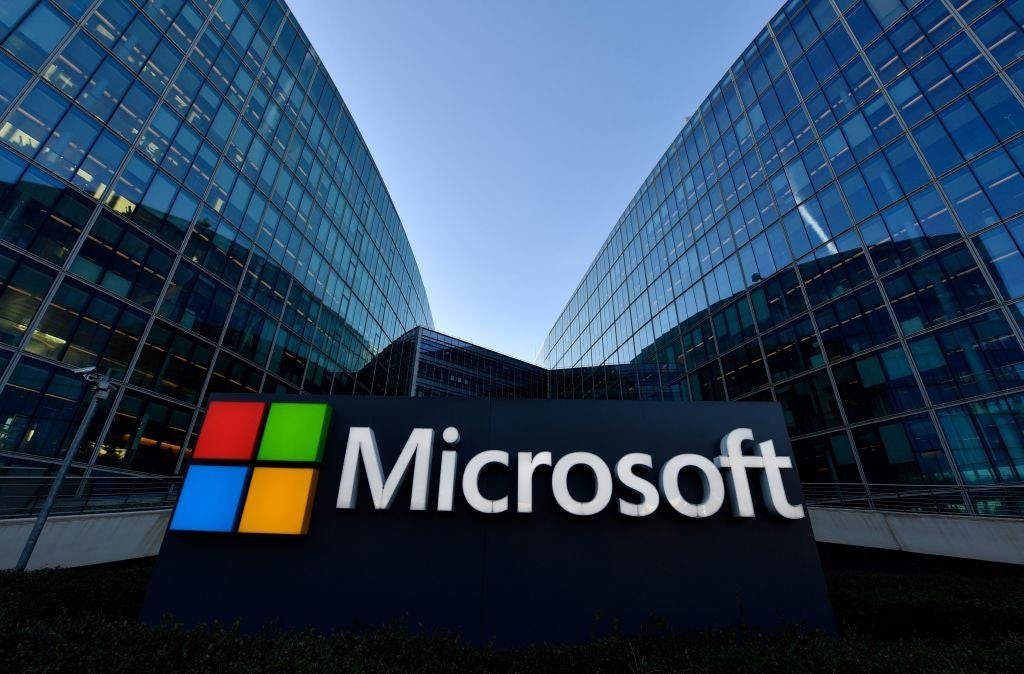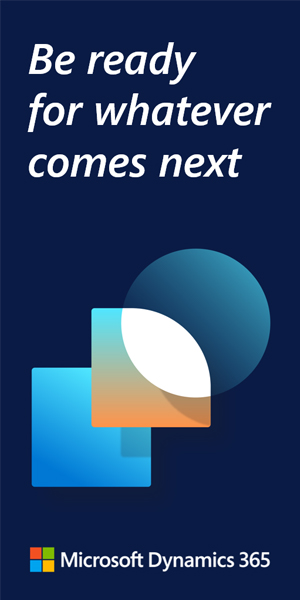Reporting from Microsoft’s AI Tour event in London, ERP Today heard Microsoft CEO Satya Nadella expand upon Redmond’s post-ChatGPT Copilot era for enterprise tech as the company unveiled a series of new AI agents for Dynamics 365.
The Microsoft chief’s vision fits into the new GenAI rhetoric from vendors such as SAP, Salesforce, Boomi and ServiceNow that the future is agentic. Where GenAI-powered copilots started the conversation in the AI-heavy year that was 2023, as inspired by the popularity of ChatGPT from Microsoft partner OpenAI, smart AI agents look to be the next step of how enterprises employ generative AI. In his keynote to London – which was interestingly light on OpenAI & ChatGPT mentions – Nadella described Microsoft Copilot as the UI for its agentic world, as he unveiled ten new autonomous agents from the vendor tackling sales, supply chain, finance and more, including:
- Sales Qualification Agent: An agent enabling sellers to focus their time on the highest priority sales opportunities while the agent researches leads, helps prioritize opportunities and guides customer outreach with personalized emails and responses.
- Supplier Communications Agent: This agent enables customers to optimize their supply chain and minimize costly disruptions by autonomously tracking supplier performance, detecting delays and responding accordingly.
- Customer Intent and Customer Knowledge Management Agents: Two agents developed for customer care teams facing high call volumes, talent shortages and heightened customer expectations.
The Microsoft CEO was keen to display AI in universal terms, for example underlining low and no-code abilities in Copilot which can allow all of its users to create AI agents of their own. This vision of training and development came as the vendor announced a new partnership with the UK Government’s Crown Commercial Service, which Nadella said was an integral one in upskilling public sector employees in the digital age.
In effect, AI agents can be seen as “super macros” in automating business processes in the post-ChatGPT era. Indeed, in comments touching on Microsoft’s office software history, the Microsoft CEO stressed building an AI agent with Copilot is “no more mystical than creating an Excel spreadsheet”. Ensuring a non-alienating presentation of AI makes for a smart move in showing potential user adoption which thereby encourages business adoption – here, the use case comes before the technology, to quote a London fireside chat with Charles Lamanna, Microsoft’s Corporate VP, Business & Industry Copilot.
While some of Microsoft’s presentation at the event did show the usual layer-heavy graphics more appreciated by tech insiders, the overall messaging of Copilot as the UI layer for the business power of its agents was a hard one to miss.
In a 1:1 with Bryan Goode, Microsoft Corporate Vice President for Business Applications and Platform, the technology was compared to the advent of smartphones. In this analogy, Microsoft Copilot is the phone, and agents are the apps which then proliferated our handheld devices.
“Agents are the apps in this AI era, and in that context we’ve got this complete frame for customers,” Goode told ERP Today.
Of course, after the apps came the Wild West of social media to dominate our smartphone-led lives, but Microsoft is confident its AI comes with no regulatory worries for customers. In fact, tech from OpenAI wasn’t immediately obvious in the keynotes as witnessed by ERP Today, perhaps as part of a deliberate decision to steer away from some of the data safety concerns around ChatGPT.
Nadella and company are naturally aware that if businesses feel confident about AI security, then its copilots and agents will indeed become as commonplace as Excel and Macros did during the 1990s. Stay tuned to ERP Today for more coverage of Microsoft’s AI Tour pit stop in London.






